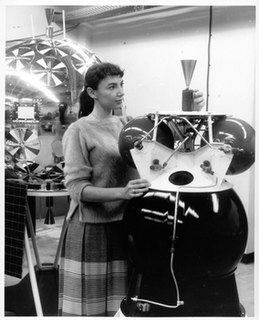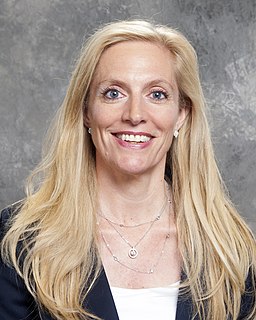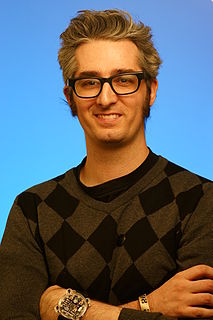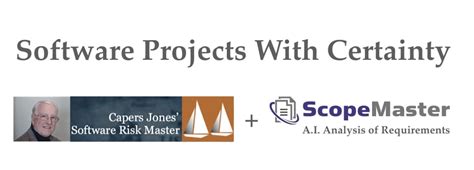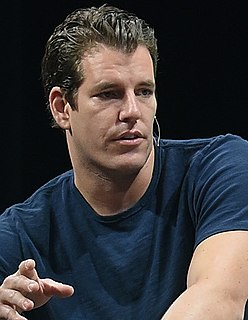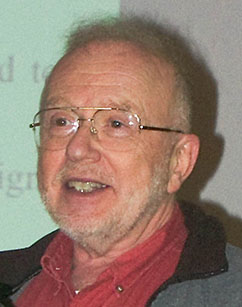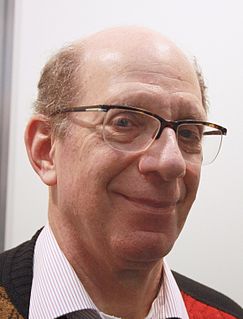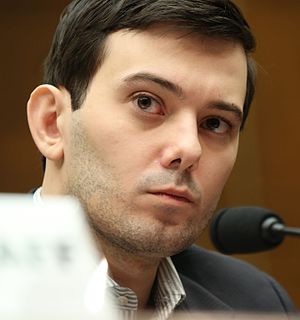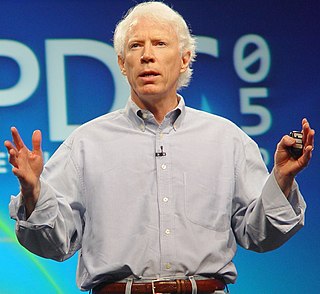Top 1200 Software Company Quotes & Sayings
Explore popular Software Company quotes.
Last updated on November 5, 2024.
When you take a look at the transition from server software to Azure, what's going on in terms of cloud infrastructure, the company is absolutely the No. 1 company serving enterprise backbone needs, which is fantastic. It's making the migration to cloud. We started a good thing with Azure, and the company has made well more than two years of progress in terms of being able to compete with the right cost profile, margin structure, and innovation versus Amazon.
I named my software 'EMAIL,' (a term never used before in the English language), and I even received the first U.S. Copyright for that software, officially recognizing me as The Inventor of Email, at a time when Copyright was the only way to recognize software inventions, since the U.S. Supreme Court was not recognizing software patents.
Obviously solving the education problem is big and complex, and there's already so many failings, but coding is the new fluency. This is the most valuable skill of this century. If you want to be a founder of a company, and not even just a tech company, but like a founder of a company, because I'm telling you software is going to play a role.
With software products, it is usual to find that the software has major `bugs' and does not work reliably for some users... The lay public, familiar with only a few incidents of software failure, may regard them as exceptions caused by exceptionally inept programmers. Those of us who are software professionals know better; the most competent programmers in the world cannot avoid such problems.
When you develop software, the people who write the software, the developers are the key group but the testers also play an absolutely critical role. They're the ones who ah, write thousands and thousands of examples and make sure that it's going to work on all the different computers and printers and the different amounts of memory or networks that the software'11 be used in. That's a very hard job.
The NeXT purchase is too little too late. The Apple of the past was an innovative company that used software and hardware technology together to redefine the way people experienced computing. That Apple is already dead. Very adroit moves might be able to save the brand name. A company with the letters A-P-P-L-E in its name might survive, but it won't be the Apple of yore.
In science, the whole system builds on people looking at other people's results and building on top of them. In witchcraft, somebody had a small secret and guarded it - but never allowed others to really understand it and build on it. Traditional software is like witchcraft. In history, witchcraft just died out. The same will happen in software. When problems get serious enough, you can't have one person or one company guarding their secrets. You have to have everybody share in the knowledge.
I'm not of the opinion that all software will be open source software. There is certain software that fits a niche that is only useful to a particular company or person: for example, the software immediately behind a web site's user interface. But the vast majority of software is actually pretty generic.
While the creative works from the 16th century can still be accessed and used by others, the data in some software programs from the 1990s is already inaccessible. Once a company that produces a certain product goes out of business, it has no simple way to uncover how its product encoded data. The code is thus lost, and the software is inaccessible. Knowledge has been destroyed.



